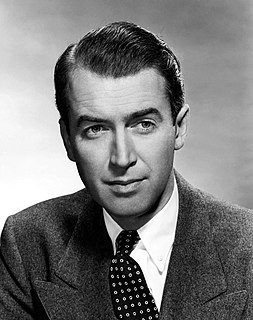A Quote by Alan Guth
It was sort of assumed, from the time I was born, really, that I would go to college. That's sort of the way that Jewish families in New Jersey handled things; that was the norm.
Related Quotes
When I would knock about the town in London, I was doing it with my head down, walking very quickly and it had become the norm for me because I'm recognized there. And people are not unkind but occasionally there's a sort of British who do you think you are sort of, I don't really think I'm anybody. I just go about my normal day. But sometimes you're faced with that.
The left believes that we're an unwarranted, undeserving superpower because we're a racist, bigoted nation from our founding. So Obama presides over America's decline and tells everybody "get used to it. This is the new norm." The new norm is no full-time jobs. The new norm is government getting bigger. The new norm is you having no wage increases for 15 years. This is what the new norm is, as we entered the global marketplace. And the American people don't want any part of that. That's not America.
We are all born with a rut radar. Mine is finely wired, a little oversensitive maybe. Perhaps just a bit hyperactive. Twenty steady boyfriends before turning 16, a new best friend 12 times a year, switched college majors every time I met someone who seemed exactly like the sort of person I really, really wanted to be. I'm not fickle. I'm just never there yet.
I do think it's interesting when people are born into families that at one point had huge amounts of money and that money has kind of vanished over the generations and they're sort of the last vestiges. You see that these people live really quite modestly and yet, somehow the way the clothes fit them, they still have some kind of strange genetic advantage over the rest of us. There's always these weird things in which you detect the legacy. There's a pair of cufflinks that you look at and go, "Oh, my God! These had to come from the Romanovs."




































